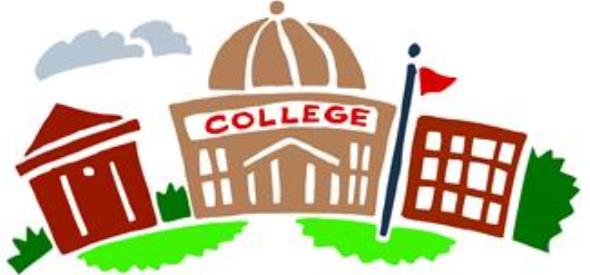College Brochures (And Traditional Marketing Strategies) Do Not Cut It
Is your marketing to prospective students modernized? The answer might be “Yes” if it involves much more than just brochures. I recently watched a webinar on marketing strategies for prospective students. Aimed towards admissions professionals and delivered by a data collection firm specializing in enrollment marketing and information for printed materials, it was no surprise they presented the brochure as the central focus of a college marketing campaign.
However, the overarching conclusions were simple – and known to smart marketers for some time:
- Colleges that want to maintain or increase their admissions and enrollment numbers need to think like marketers.
- The mentality of “build it and they will come” and “of course they’ve heard of us” no longer applies.
- It’s important to take stock of your institution’s strengths and its reputation/brand identity, the landscape of prospective students and the factors that impact both of these.
- Colleges that are using multiple channels (i.e. more than brochures) to reach prospective students see a higher ROI than those that use a single channel.
In essence, the webinar presenters noted what The Melior Group has been seeing for the past five years — with budgets being slashed and demands to meet admissions and enrollment targets increasing, traditional marketing strategies no longer cut it.
- Broad-based generic messages in all formats (brochures, mailers and across social media) only work for institutions with large budgets and little regard of ROI.
- ROI on segmented and targeted marketing strategies is much higher, but it means getting more sophisticated in how various marketing techniques are used.
I was reminded of the adage “know your customers.” In this case, it’s “know your prospective students,” but it still applies.
- Understanding the type of student your institution attracts is critical. But even more vital is understanding the type of student you want to attract and ensuring you develop strategies to recruit them specifically.
- Parents’ opinions are very important to millennials and colleges should have targeted strategies to reach this audience. We wrote a blog post about this just last year. Some colleges have created “parent-to-parent” groups on facebook and other social media that will allow prospective parents the chance to ask questions they might not get the answers to from their children or from a brochure.
The webinar did provide a few interesting statistics I thought I would share.
(source:InfoTrends)
The prospective college student’s attention span is decreasing while channels increase:
- The average attention span for a high school student is 8 seconds… down from 10 seconds just five years ago… so there’s less time to make that all-important first impression than before!
- High school students tend to have more than one email address (typically 3-5!) and they don’t use email all that frequently; but social media reigns supreme… and if you’re not using social media to target prospective students (and parents) you’re missing a huge opportunity.
Marketers of prospective students fall into three big categories:
- One-third of college marketers have a segmented approach to marketing.
- Another third used personalized marketing or communications plans.
- One third are still using a mass marketing strategy to reach prospective students and are likely missing out on opportunities.
For years, The Melior Group has been supplying in-depth information and working with university clients to help them to think strategically about their marketing efforts.
We have found that marketing strategies are most successful when they include: assessments of brand equity and reputation among key audiences, intelligently designed research to develop messaging that will resonate with prospective target segments and critical insights on how to target and attract the students they want.
To learn more about our work with colleges and universities, visit our Education page or please contact Elizabeth Foley at [email protected] / 215-545-0054 x111 or Linda McAleer at [email protected] / 215-545-0054 x104.

